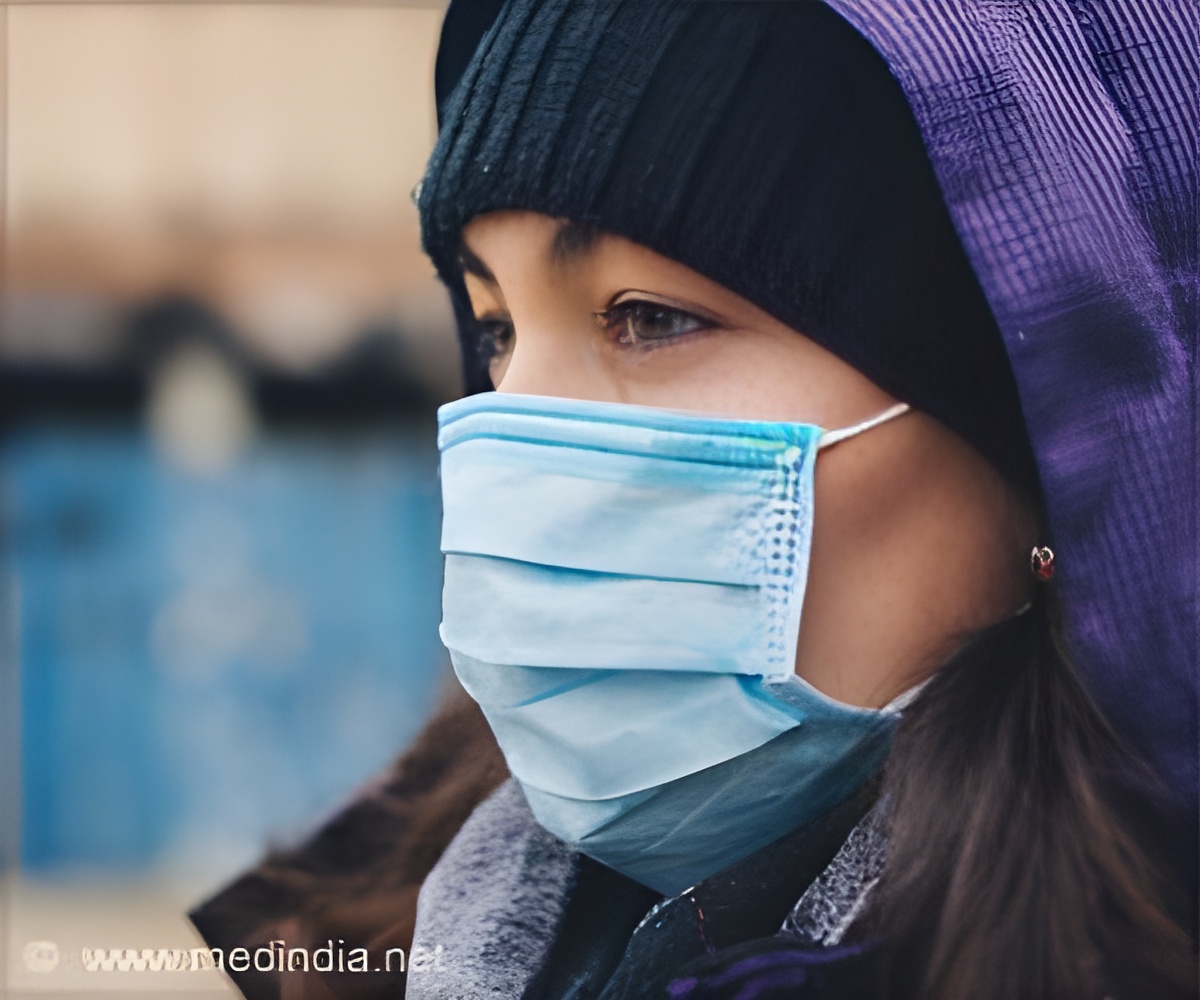Surgical and N95 masks protect you the most from per- and polyfluoroalkyl substances (PFAS). So, continue to wear face masks.

Manufacturers design face masks to not only prevent inhalation of particles and pathogens but also to repel fluids, so some companies could be adding PFAS coatings to their products. During the current pandemic, people have been wearing face masks for long periods, which could expose them to PFAS through inhalation, skin exposure or accidental ingestion.
In addition, used masks end up in landfills, where the compounds might leach out into the environment. Ivan Titaley at Oregon State University and colleagues wanted to measure PFAS in different types of face masks and analyze the implications for human exposure and the environment.
The researchers used mass spectrometry to measure nonvolatile and volatile PFAS in nine types of face masks: one surgical, one N95, six reusable cloth and a heat-resistant fabric mask advertised to firefighters.
Surgical and N95 masks had the lowest levels, whereas the firefighting mask had the highest amount.
Next, the team estimated the dose of PFAS that could cause health problems from chronic exposure, based on prior animal studies.
Advertisements
Next, the researchers analyzed the environmental impact of PFAS from surgical and N95 masks (which comprise over 99% of masks discarded in landfills). They estimated that even if everyone in the U.S. over age 5 threw away one mask per day (90 billion masks per year), masks would be only a minor source of PFAS in landfill leachates and domestic water.
Advertisements
The authors acknowledge funding or support from the National Science Foundation, National Institutes of Health, Environmental Protection Agency, Department of Agriculture and the North Carolina Policy Collaboratory.
Source-Eurekalert










